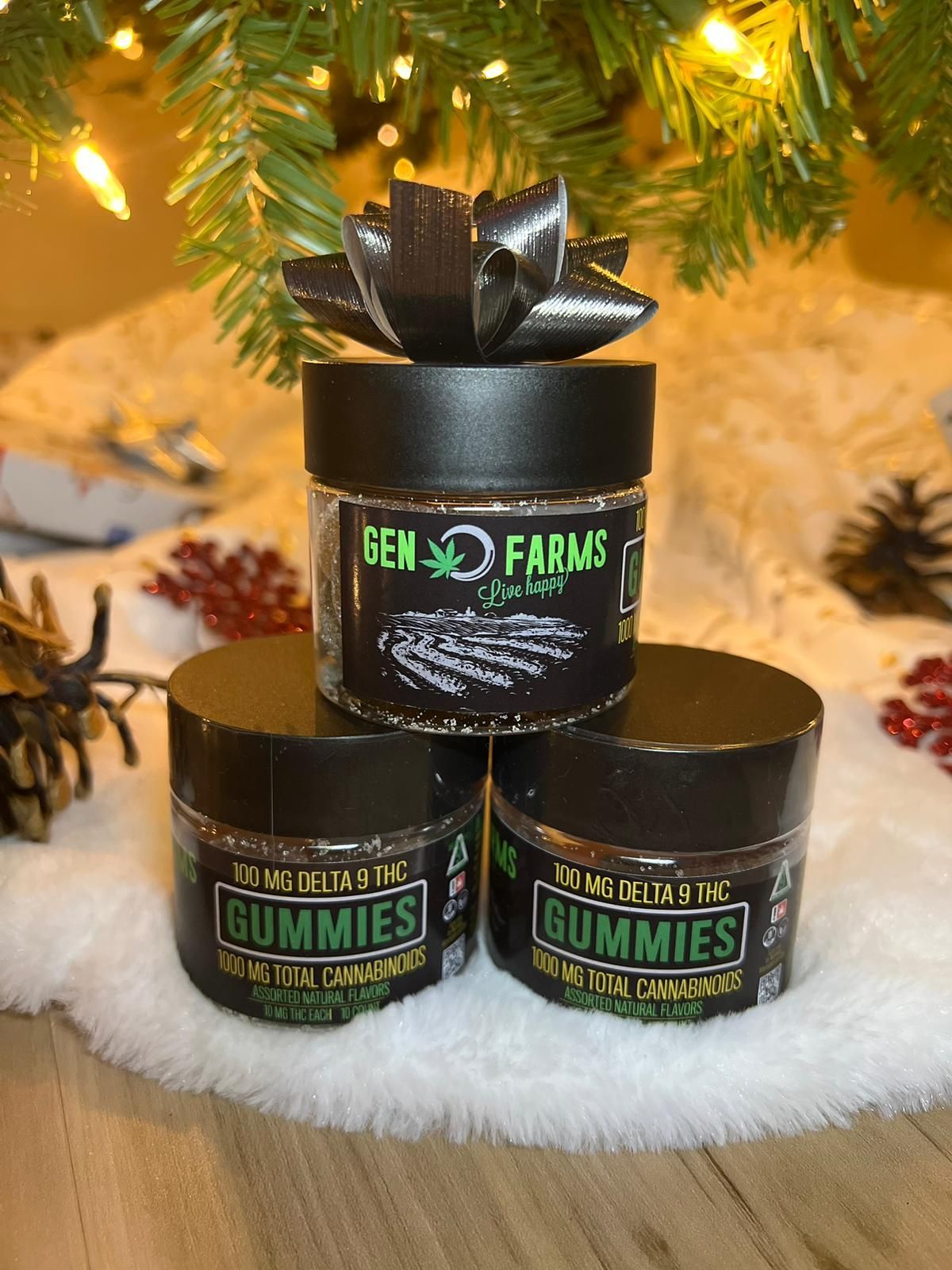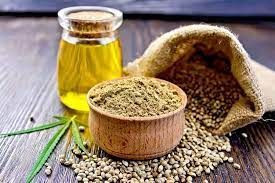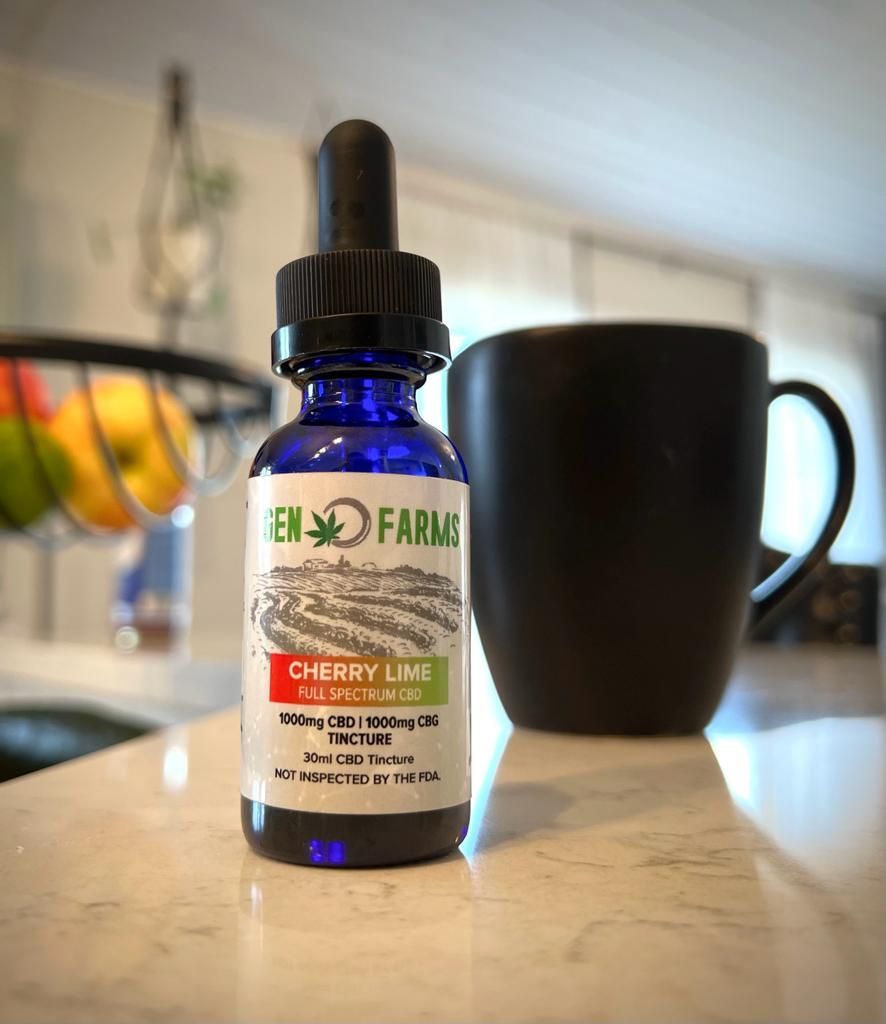Not all CBD/CBG are created equal.

Full Spectrum Distillate vs. Isolate: Understanding the Key Differences
Intro:
With the rise in popularity of cannabidiol (CBD) products, it's essential to understand the different types available in the market. Two commonly discussed forms of CBD/CBG are full spectrum distillate and isolate. While both offer potential therapeutic benefits, they differ significantly in composition and effects. In this blog, we'll delve into the dissimilarities between full spectrum distillate and isolate, helping you make an informed decision when choosing the right CBD/CBG product for your needs.
Full Spectrum Distillate:
Full spectrum distillate refers to CBD/CBG oil that contains a wide range of cannabinoids, terpenes, flavonoids, and other beneficial compounds found naturally in the hemp plant. The extraction process involves carefully refining the crude CBD/CBG oil to remove impurities, while retaining the synergistic elements of the plant. As a result, full spectrum distillate may contain trace amounts of THC (tetrahydrocannabinol), the psychoactive component in cannabis, but typically within the legal limit of 0.3% or less.
Key Features of Full Spectrum Distillate:
1. Ensemble Effect: The ensemble or entourage effect is the synergistic interaction between various compounds present in full spectrum distillate. Research suggests that cannabinoids and other plant compounds work together, potentially enhancing their therapeutic effects.
2. Broad Cannabinoid Profile: Full spectrum distillate includes not only CBD but also other cannabinoids like THC, CBG, CBC, and CBDV, among others. Each cannabinoid may contribute to the overall therapeutic benefits.
3. Enhanced Therapeutic Potential: Some studies suggest that the presence of a variety of cannabinoids and other plant compounds in full spectrum distillate may provide enhanced relief for various conditions, including pain, inflammation, anxiety, and insomnia.
4. Trace THC Content: While full spectrum distillate contains minimal amounts of THC, it is typically not enough to induce psychoactive effects or cause intoxication. However, it's important to note that individuals subject to drug tests should exercise caution when using full spectrum products.
CBD Isolate:
On the other hand, CBD isolate is the purest form of CBD available. It undergoes a more rigorous extraction process to eliminate all other compounds, leaving behind only CBD in its isolated form. CBD isolate is typically in a crystalline powder or solid form, containing 99% CBD or higher.
Key Features of CBD Isolate:
1. No THC Content: CBD isolate contains no detectable amounts of THC, making it a preferred choice for individuals who may have concerns about THC or are subject to frequent drug testing.
2. Consistent Dosage: With CBD isolate, you have precise control over the dosage since it contains only pure CBD. This makes it easier to measure and adjust your intake according to your needs.
3. Flavor and Odor: Some people prefer CBD isolate because it lacks the natural flavor and aroma associated with full spectrum distillate. It can be easily mixed with other ingredients or added to edibles without altering the taste, but you might not get all the benefits of a full-spectrum product.
Choosing the Right Option for You:
When deciding between full spectrum distillate and CBD isolate, several factors come into play. If you're looking for the potential benefits of the entourage effect and a broader range of cannabinoids, terpenes, and flavonoids, full spectrum distillate may be the better choice. It can provide a more comprehensive therapeutic experience, but it may contain trace amounts of THC.



